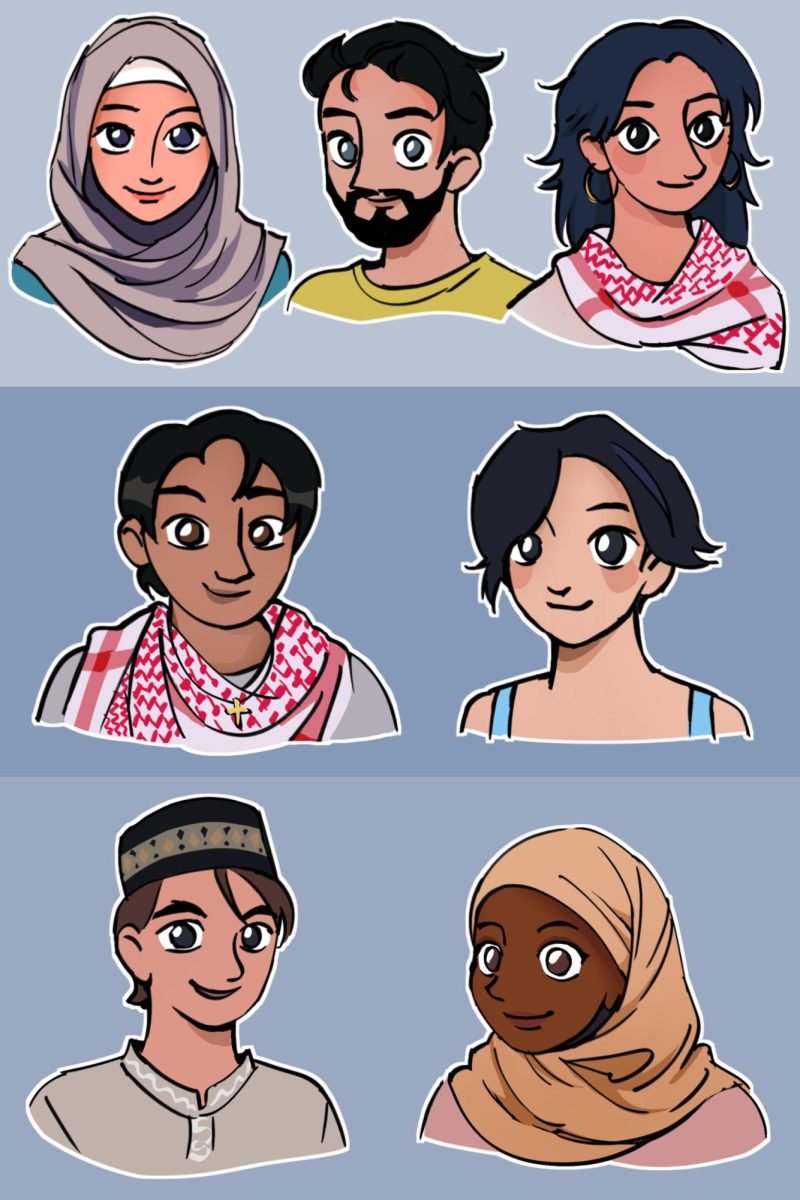As summer comes to an end, so comes the final episodes of many of our summer TV favorites. Among the most watched shows of this season are “Game of Thrones” and “Insecure,” two HBO powerhouses that share a Sunday evening block. Though the crossover audience is something to be applauded considering one is a gore-ridden fantasy drama and the other follows the comedic misadventures of a black woman protagonist and her friends, the audiences discussing each show tend to be somewhat segregated.
Over the past year and a half, a healthy variety of shows featuring black protagonists and diverse casts have surged on popular television platforms and streaming sites. Shows such as “Atlanta,” “Dear White People,” “Power,” “Chewing Gum” and the aforementioned “Insecure” have played a huge role in creating new dialogues in response to the overwhelming lack of diversity in network television. However, the question arises as to who is having these conversations.
Despite the critical acclaim of these diverse shows, coverage across major press outlets seems reserved for their whiter counterparts. In fact, much of the in-depth coverage of shows featuring black protagonists can only be found on sites that exclusively focus on diversity such as Huffpost Black Voices, NPR Code Switch, or The Root. Meanwhile the entertainment and culture sections of sites such as Time magazine, Rolling Stone or the New York Times have run no less than 5 stories on “Game of Thrones” just in the past 15 days.
Undoubtedly, for those of us in mass communications or journalism, taking classes that explore the impact of media on the real world, television shows such as “Game of Thrones” will be a professor’s favorite go-to for their updated pop culture references and PowerPoint gifs.
As a black student who has gone to predominantly white institutions my whole life, the demand to understand and see the humor in every white pop-culture reference that teachers and peers use to connect on an innocently human level is nothing new. Be it an oversaturation of canonized memes from The Office or insisting that Friends is a good show, it never seems to occur to my white peers that I might not relate to so easily to shows and references that are almost entirely white.
However, as I have matured and representation has improved, I have decided on a new approach besides the practiced half smile or forced laugh. No longer will I wait until I am with black friends or keep my hand to myself when professors ask for examples in pop culture. It is time to start expecting more from those who call themselves media professionals. By speaking openly about shows that represent us, we can force our peers to confront the reality that they just don’t consider shows featuring protagonists of color as ‘must-watch’. Simply by treating shows like Insecure, Power, and Atlanta as deserving of the same everyday integration afforded to the likes of Mad Men, Game of Thrones, and Breaking Bad, we can establish a vocal canon that protects them from the erasing forces of white supremacy in media.
– Tafari Robertson is a public relations senior.
Categories:
Ask your media professors about Insecure
September 9, 2017
0
Donate to The University Star
Your donation will support the student journalists of Texas State University. Your contribution will allow us to purchase equipment and cover our annual website hosting costs.
More to Discover







